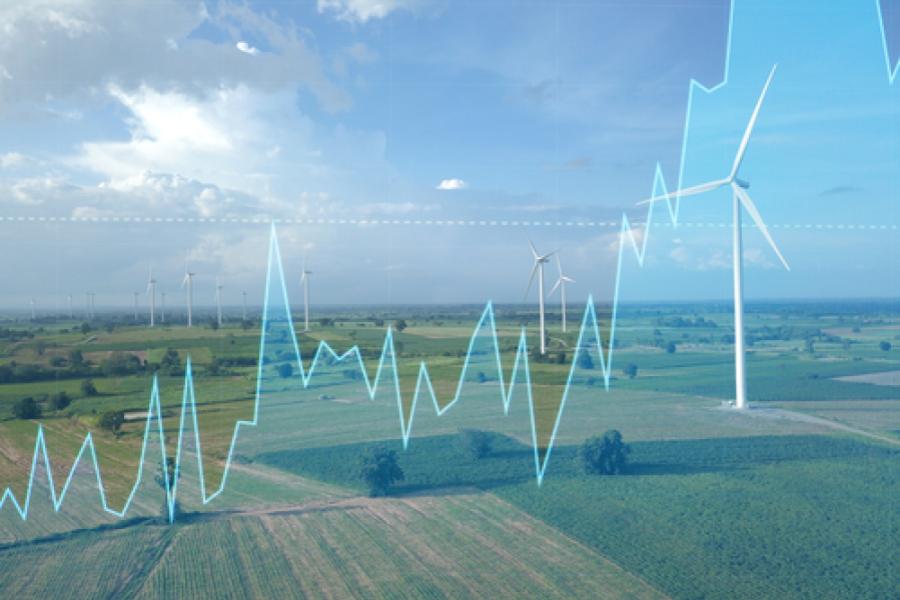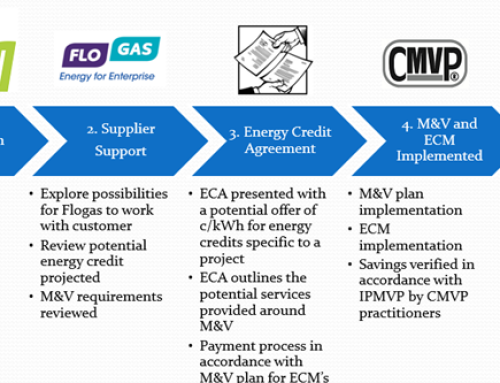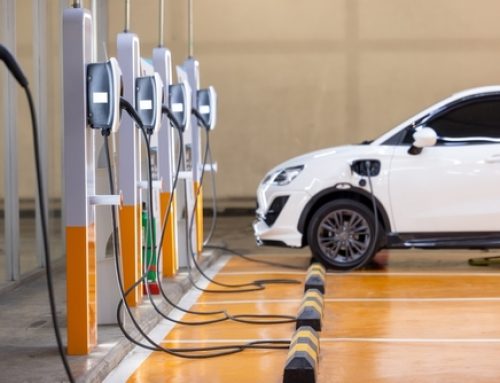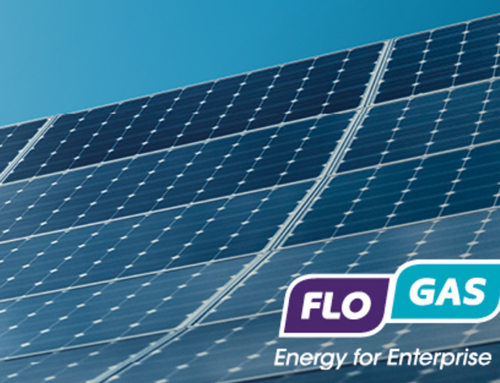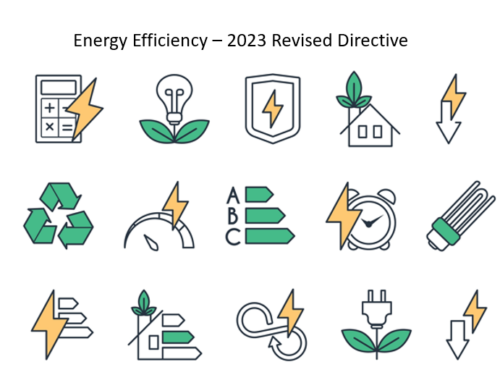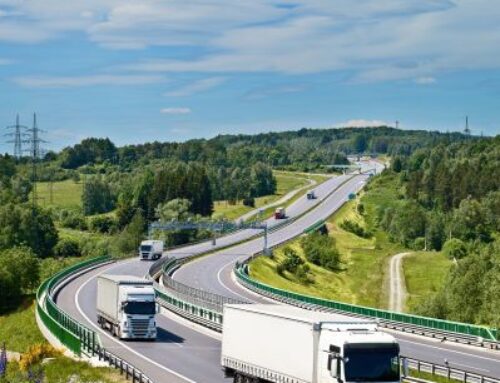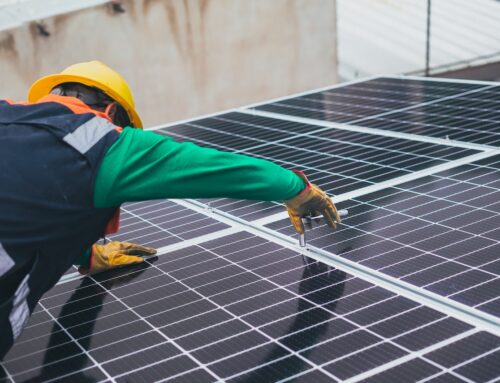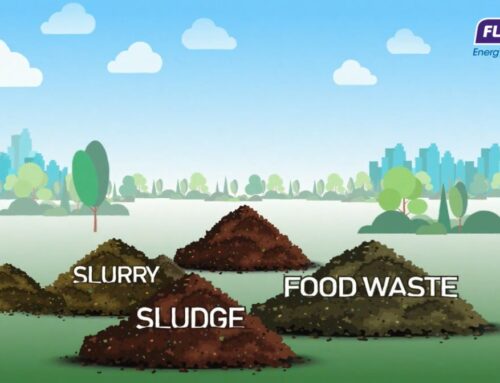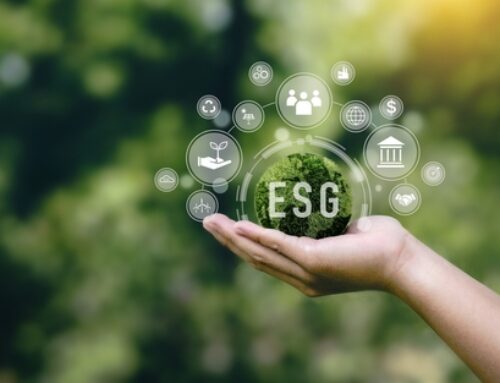The European Commission has said that meeting the EU’s 2030 climate targets will require a ‘’transformation’’ of Europe’s energy system, with a greater focus on renewables and efforts to reduce the use of fossil fuels in buildings, transport and industry.
The centrepiece of the Commission’s new climate plan is the ambition of reducing greenhouse gas emissions by 55% by 2030. The hope is that this will reduce the European Union’s reliance on fossil fuels and that the EU can lead the global drive towards cleaner, greener and more sustainable energy alternatives.
The building sector was highlighted in the Commission press conference as being responsible for 40% of the EU’s energy consumption. In addition, over one-third of the total greenhouse gas emissions from the European Union was as a result of the construction and building sector.
The International Renewable Energy Agency (IRENA) are urging Governments around the world to more than double current annual investments in energy transition technology, in order to meet international climate targets and to help replace jobs lost as a result of COVID-19.
IRENA is claiming that investment of 4.5 trillion dollars per year on clean energy tech for the remainder of the decade could see 30 million people employed in renewables by 2030, with 5.5 million of those jobs coming in the next three years.
The IRENA report highlights the solar energy sector as one with large growth potential, citing the millions of PV workers employed in Asia, with North America a distant second for total number of people employed in solar energy.
In launching the report Francesco La Camera, IRENA Director-General said that ‘’as the world grapples with the coronavirus (COVID-19) pandemic, the close connections between the natural environment, our economies and human well-being have taken centre stage. A clean, reliable energy supply and durable, healthy, low-carbon job creation are essential components to the transformative decarbonisation of our societies.’
At the annual conference of the Irish Wind Energy Association (IWEA), Chief Executive of the EirGrid group Mark Foley said that Ireland’s renewable energy targets could be met but would require educating members of the public on the benefits of renewable energy “in a real and tangible manner”.
EirGrid is a state-owned company that manages and operates the transmission grid across Ireland and which is responsible for the safety and security of the island’s electricity distribution network.
Mr. Foley said it was possible for Ireland’s to meet its 2030 environmental targets and to deliver an electricity grid capable of operating with close to 100% renewable energy, but that the challenge for the sector was to sell this vision to the general public.
Also, at the IWEA Conference, Minister for Climate Action Eamon Ryan outlined the Government’s plans for the decarbonisation of the energy sector and EU Energy Commissioner Kadri Simson said Ireland was ‘’one of the global champions’’ in renewable wind power and had set an example for the rest of Europe.


